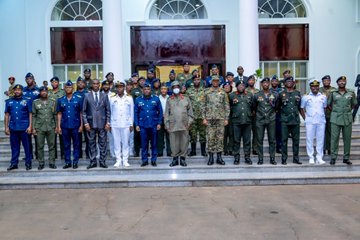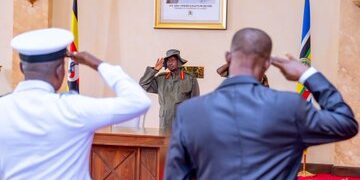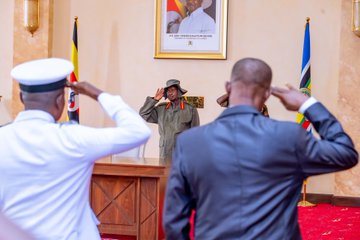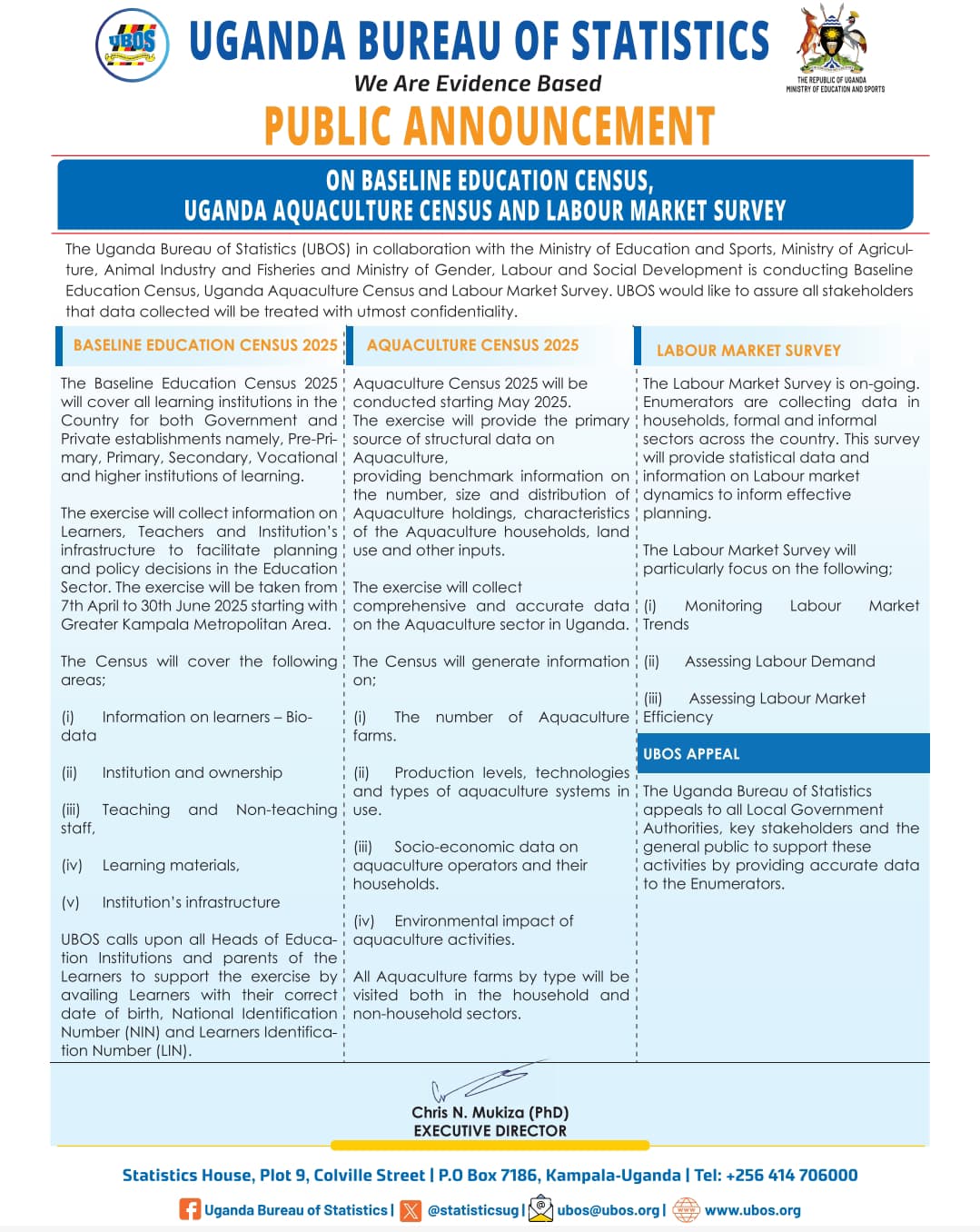President Yoweri Kaguta Museveni has called on African nations to urgently transition to clean, affordable electricity as a strategic response to environmental degradation and a catalyst for socio-economic transformation across the continent.
The President made the remarks while delivering a “lecture of opportunity” to officers from Ghana Armed Forces Command and Staff College (GAFCSC) Senior Course 46, who are on a study tour themed “Climate Change, Environment, Security and Development”. The lecture was held at State House, Entebbe.
Led by Brig Gen Saad Katemba, Director of Training and Doctrine at the Uganda Peoples’ Defence Forces (UPDF), the delegation was urged by President Museveni to consider clean energy not just as an environmental imperative but as a foundation for sustainable development.
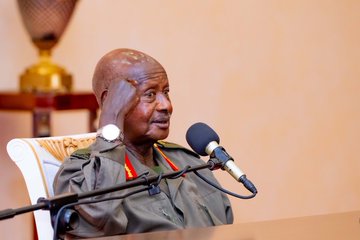
“If we want to protect the environment, we must address the fuel crisis. Villagers cutting trees for firewood must stop. Clean energy — especially electricity — is the solution,” President Museveni stated, warning that reliance on biomass has contributed to severe deforestation.
He cited Uganda’s declining water outflow to South Sudan via the Nile — now down to 40 billion cubic meters from 60 billion in the 1960s — as a sign of environmental stress driven by unsustainable fuel practices.
“Electricity must be made abundant and cheap, particularly for factories. For industries to thrive, the cost per kilowatt hour must not exceed five US cents,” Museveni emphasised. “Let dancers pay more, but manufacturers need low-cost power.”
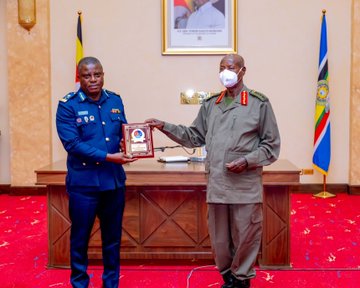
The President criticised reliance on private electricity providers, advocating instead for public investment or private capital that is “patient” rather than profit-driven.
Turning to structural economic challenges, Museveni pointed out Africa’s overreliance on subsistence agriculture. “In the United States, only 2% of the population is in agriculture. In Uganda, you find three generations stuck on two acres. That’s not productivity — that’s disguised unemployment,” he said.
He proposed a shift toward industrialisation, especially in river basin areas like the Nile and Congo, to ensure rational land use and sustainable development. “We must move from primitive agriculture to manufacturing and services. That’s the road to transformation,” he asserted.
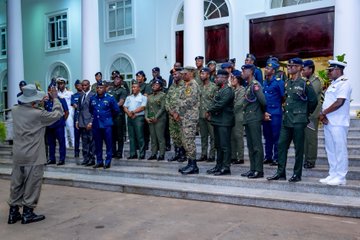
On ideology, President Museveni reflected on Africa’s post-independence journey, recalling the early Pan-Africanist vision shared by leaders like Nkrumah and Nyerere. “From the beginning, we had three historical missions: prosperity, strategic security, and African fraternity. These can’t be achieved through tribalism or foreign aid,” he said.
He emphasised the importance of regional integration, using Uganda’s milk and cotton sectors as examples of how value addition and access to broader markets can uplift communities. “If you export raw cotton, you earn $1 per kilo. If you process it through six stages, it becomes $14 per kilo. That’s how you create jobs and retain value,” he explained.
President Museveni also advised caution in political disputes that risk economic isolation. “Don’t close markets or paralyse economies because of political disagreements. In East Africa, we fought for integration. That must not be sacrificed for short-term politics,” he warned.
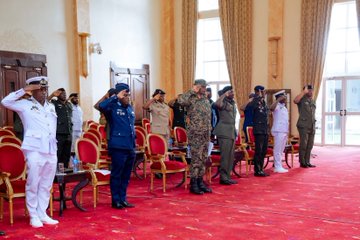
Urging African youth and leaders to embrace ideology rooted in common interest, he said: “The environment, energy, integration — all are linked to ideology. Africa’s setbacks have often been ideological, not material.”
He encouraged the visiting officers to embrace the four ideological pillars of Uganda’s National Resistance Movement (NRM): Patriotism, Pan-Africanism, Socio-economic Transformation, and Democracy.
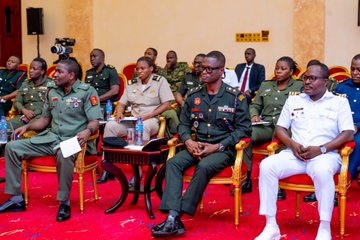
Brig Gen Katemba, in his remarks, described the study programme as a platform to expose the officers to Uganda’s holistic approach to environmental security and sustainable development. “We aim to give these future leaders a comprehensive understanding of how military, regulatory, and industrial frameworks intersect in tackling climate challenges,” he said.
Delivering a vote of thanks, Maj John Otoo of the Ghana Armed Forces expressed deep appreciation on behalf of the 35-member team. “Your insights have enlightened us on the core principles guiding Africa’s path to prosperity, peace, and unity. We return home inspired by your commitment to a self-reliant and integrated Africa,” he said.
